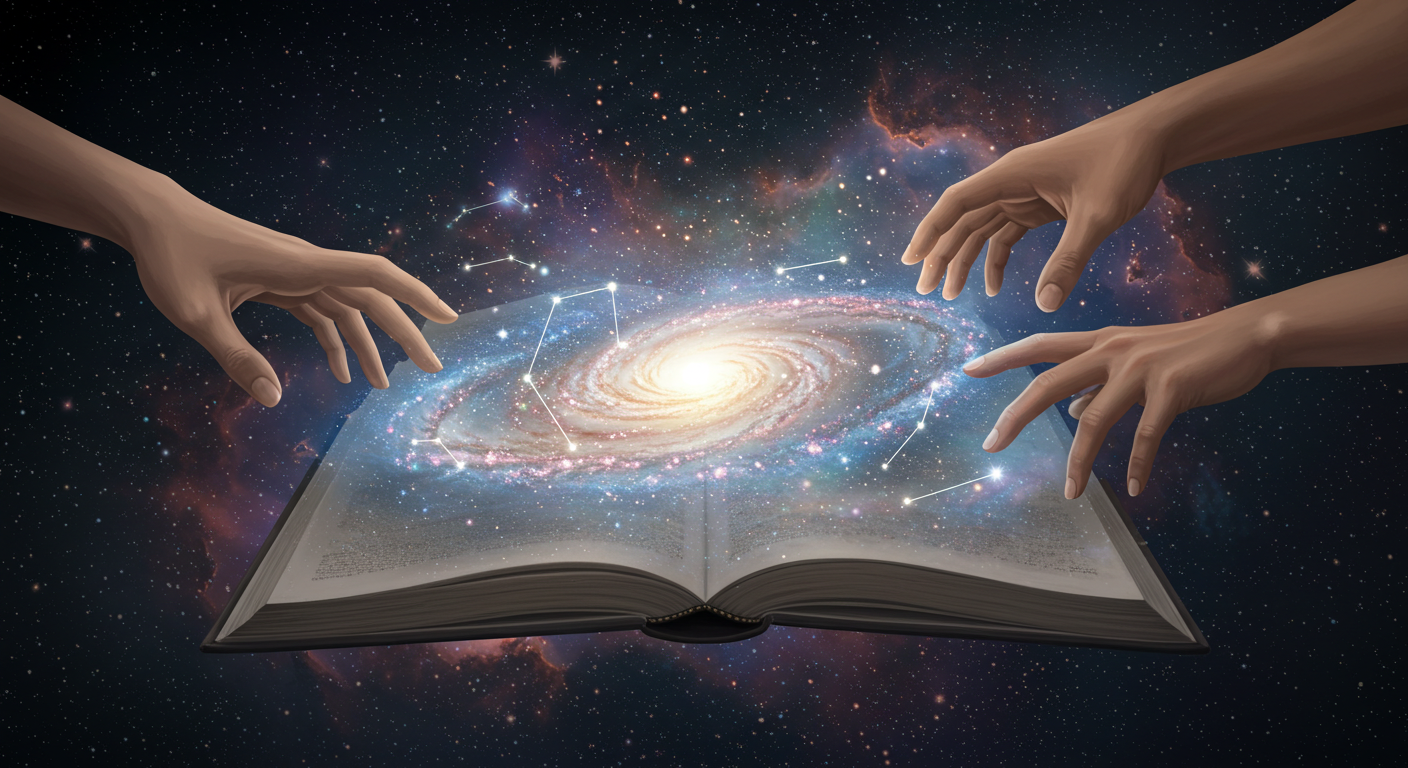The question of whether consciousness continues after death has intrigued humanity for centuries. While the general understanding is that consciousness ceases with death, some still wonder whether there could be some form of continued awareness or existence. In this article, we’ll delve into the scientific perspective on brain death, the cessation of consciousness, and what is known about these complex phenomena.
What Happens to Consciousness After Death?
Generally, when a person dies, their bodily functions stop, and with it, so does brain activity. Consciousness, which depends on brain activity, ceases when the brain ceases to function. This process is known as brain death, where the brain stops all electrical activity, and the person is considered clinically and legally dead. After this point, the body can no longer sustain itself, and any form of consciousness is believed to end.
What Is Brain Death?
Brain death refers to the irreversible loss of all functions of the brain, including the brainstem. This is distinct from a coma or vegetative state, where some brain activity may remain. In the case of brain death, no electrical activity or blood flow reaches the brain, which makes it impossible for any conscious thought, awareness, or perception to continue. Therefore, brain death is recognized medically as the definitive end of life.
Can There Be Any Form of Consciousness After Brain Death?
While some people wonder if a faint form of awareness might linger after brain death, there is no scientific evidence to support this idea. The cessation of brain function leaves no neurological basis for consciousness. Any sensations or experiences after this point are likely to be biological or chemical responses rather than actual awareness or thought. The brain is the organ that generates consciousness, and once it ceases to function, so too does consciousness.
Is There a Possibility of Continued Consciousness in Near-Death Experiences?
Near-death experiences (NDEs) are often cited by people who claim to have had conscious experiences during clinical death or moments of extreme bodily stress. However, these experiences are typically understood by scientists as being caused by the brain’s response to stress, lack of oxygen, or other chemical reactions during life-threatening situations. While these experiences can feel vivid and real, they do not provide conclusive evidence that consciousness continues after death.
Conclusion: The End of Consciousness with Brain Death
From a medical and scientific perspective, once brain death occurs, consciousness ceases. While there may be cases where people report vivid experiences during moments of clinical death or coma, these are usually attributed to the body’s physiological responses, not the continuation of consciousness. Brain death remains the definitive point at which all conscious awareness stops. Thus, according to current understanding, when brain death occurs, it marks the end of consciousness.



コメント